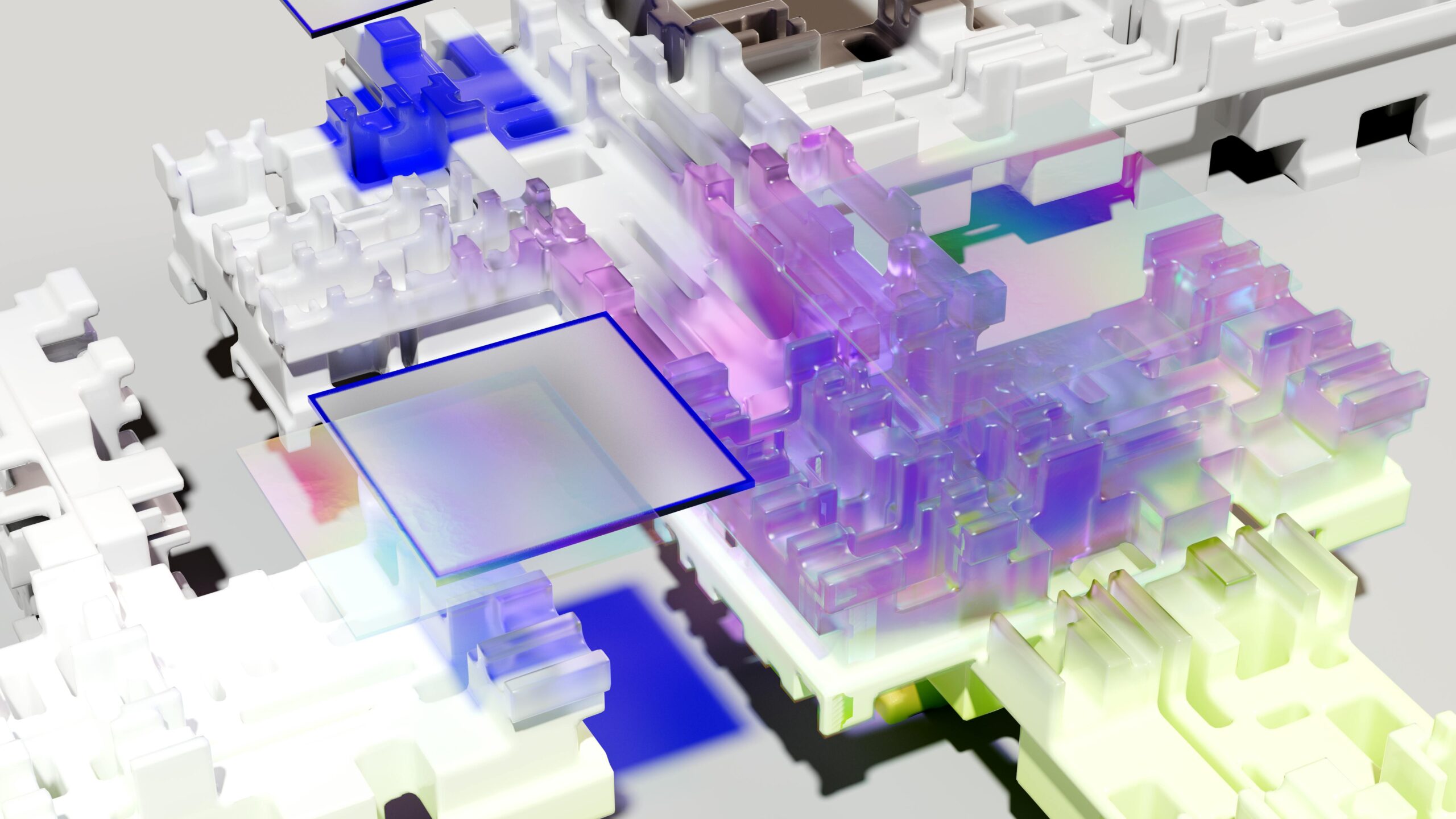
How AI is changing the way we interact with technology
I was at a coffee shop, scrolling through my phone, when a notification popped up. It was my virtual assistant reminding me to leave in five minutes to avoid traffic for my next meeting. I couldn’t help smiling, I didn’t ask for this reminder—it just knows, based on my schedule, current traffic conditions, and even my preferences for arrival times. I start packing up, amazed at how seamlessly artificial intelligence (AI) integrates into my daily routine. Does this sound familiar? This is just one of the many ways AI is reshaping our interactions with technology.
In just a few years, AI has gone from a buzzword to a game-changer, influencing the way we communicate, work, and even think. Let’s take a look at some of the ways AI is changing the way we interact with technology.
1. AI-Powered Virtual Assistants: Redefining Human-Computer Interaction
From Siri to Alexa to Google Assistant, AI-powered virtual assistants are perhaps the most visible way AI is changing our interactions with technology. These assistants leverage Natural Language Processing (NLP) and machine learning to understand voice commands and respond in ways that feel more intuitive and human-like.
According to a 2023 report by Statista, more than 3.25 billion digital voice assistants are in use worldwide, and that number is expected to double in 2024. Virtual assistants are moving beyond basic tasks like setting alarms or sending messages. They now manage complex workflows, such as controlling smart homes, providing real-time weather updates, and even offering personalized shopping experiences.
Tech expert Andrew Ng, co-founder of Google Brain, believes that “AI’s capability to understand natural language is making technology more accessible than ever, allowing us to interact with machines in a way that feels more human.” This transformation is blurring the lines between human interaction and machine interface, making technology an extension of our daily lives.
2. AI in Healthcare
AI is also making waves in healthcare, transforming how we interact with medical technology. From diagnostic tools powered by machine learning algorithms to telemedicine platforms that can analyze symptoms, AI is improving the efficiency and accuracy of healthcare delivery. To learn more about how these advancements are shaping the medical field, check out our detailed blog post on How AI is Revolutionizing Healthcare.
In fact, AI-driven chatbots are being deployed to offer immediate answers to patient queries, reducing the need for in-person visits for minor health concerns. According to a study by Accenture, AI could save the U.S. healthcare industry up to $150 billion annually by 2026 .
Telemedicine skyrocketed during the COVID-19 pandemic, but AI is taking it to the next level. Some platforms, like Babylon Health, use AI to analyze patient data and assist in diagnosis, providing a more personalized healthcare experience.
3. AI and Personalization: Tailoring User Experiences
Remember when Netflix recommended a movie that was exactly what you wanted to watch? Or when Spotify curated a playlist that felt as if it was reading your mind? That’s AI working behind the scenes, personalizing your experience based on your preferences, behaviors, and data points.
These AI-driven personalization engines are transforming digital interactions across industries. Retailers like Amazon use AI to analyze customer data and predict future purchases, delivering a highly personalized shopping experience. According to a report by McKinsey & Company, personalization powered by AI can increase marketing efficiency by 10-30% .
Bernard Marr, a renowned futurist, suggests that “the power of AI lies in its ability to process vast amounts of data to offer insights that personalize experiences in ways humans simply cannot.” This trend is poised to grow as AI algorithms become even more refined and capable of learning from increasingly complex datasets.
4. AI in Communication: Transforming Conversations
AI has made significant strides in the realm of communication. The rise of chatbots and AI-driven customer service platforms has revolutionized how businesses interact with customers. AI-powered chatbots can handle inquiries 24/7, offering real-time responses to common questions without the need for human intervention.
One compelling example is OpenAI’s ChatGPT, an AI language model that can simulate human-like conversations. While originally designed for text-based interactions, it’s now being adapted for customer service, content generation, and even therapy.
In 2023, Google’s LaMDA chatbot was revealed to have the potential to carry out deeply meaningful conversations. Though controversial, it demonstrates how AI is evolving to handle more nuanced human interactions .
5. AI in Social Media: Improving Engagement and Content Creation
Social media platforms like Facebook and Instagram use AI to improve user engagement and streamline content creation. From facial recognition in photos to algorithm-based news feeds, AI tailors content to individual users based on their behaviors, preferences, and past interactions.
AI is also being used to create content. Lumen5, an AI-powered video creation platform, helps social media marketers create high-quality videos by analyzing blog posts and generating related video content. This is particularly useful for businesses that need to produce large amounts of engaging media content but lack the time or expertise.
According to Kai-Fu Lee, one of the world’s leading AI experts, “AI is becoming increasingly sophisticated, and its integration into social media is only the beginning. We’re on the cusp of AI creating content that’s indistinguishable from human-generated content.”
6. AI in Autonomous Vehicles: Redefining Mobility
AI is fundamentally changing how we think about transportation. Companies like Tesla and Waymo are using AI to develop self-driving cars that can navigate traffic, detect obstacles, and make real-time decisions, all without human intervention.
In 2023, the California DMV approved Waymo’s fully autonomous taxis, marking a significant step toward AI-powered transportation becoming a mainstream reality . As AI algorithms become more advanced, the dream of a fully autonomous vehicle fleet is no longer science fiction, but an impending reality.
7. AI in Education: Personalized Learning and Teaching Tools
AI is revolutionizing education by offering students personalized learning experiences. Tools like Coursera and Duolingo use AI to adapt content to individual learning paces, providing personalized feedback and study plans. This not only makes education more accessible but also more effective.
During the pandemic, educational platforms experienced a boom, with AI tools playing a critical role in facilitating remote learning. According to a report by UNESCO, AI-driven education tools helped millions of students continue their education from home .
8. AI and Ethics: Balancing Innovation with Responsibility
While AI is undoubtedly transforming the way we interact with technology, it also raises ethical concerns. Issues like data privacy, algorithmic bias, and job displacement must be addressed to ensure AI technology benefits everyone. Governments and companies alike are now focusing on developing AI responsibly, implementing guidelines that prioritize transparency and fairness.
Elon Musk has been vocal about the potential dangers of unchecked AI development. In a 2022 interview, he stated, “AI is far more dangerous than nukes.” While this may sound extreme, it underscores the need for ethical frameworks as AI continues to evolve .
Conclusion: The Future of AI and Human Interaction
As AI continues to evolve, the way we interact with technology will only become more seamless and intuitive. From personalized learning and healthcare to autonomous vehicles and virtual assistants, AI is reshaping the digital landscape, making technology smarter and more responsive.
But with this power comes responsibility. It’s crucial to balance the benefits of AI with ethical considerations to ensure that this technology improves human interaction, not diminishes it.
Whether it’s helping you plan your day or driving you to work, AI is becoming a part of our daily lives in ways we never imagined. And the best part? This is just the beginning.
Citations
Statista: Statista. (2023). “Number of digital voice assistants worldwide.” [invalid URL removed]
Accenture: Accenture. (2023). “AI in Healthcare: A New Era of Transformation.” [invalid URL removed]
McKinsey & Company: McKinsey & Company. (2023). “Personalization Powered by AI.” [invalid URL removed]
OpenAI: OpenAI. (2023). “ChatGPT: A Large Language Model.” https://openai.com/blog/chatgpt
UNESCO: UNESCO. (2023). “AI in Education: A Guide for Policymakers.” https://en.unesco.org/artificial-intelligence-education
Keywords
AI, artificial intelligence, human-computer interaction, virtual assistants, healthcare, personalization, communication, social media, autonomous vehicles, education, ethics
Meta Description
Discover how AI is revolutionizing the way we interact with technology. From virtual assistants and personalized experiences to autonomous vehicles and AI-powered education, explore the cutting-edge applications of AI and its impact on our daily lives.












